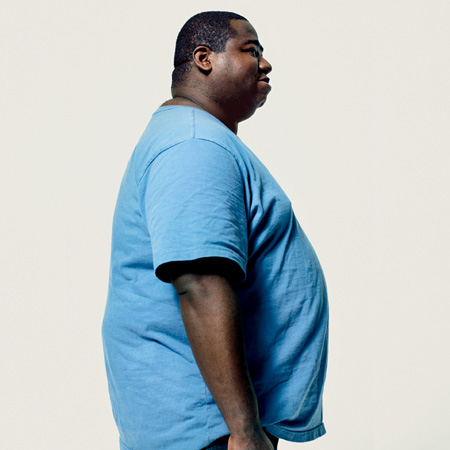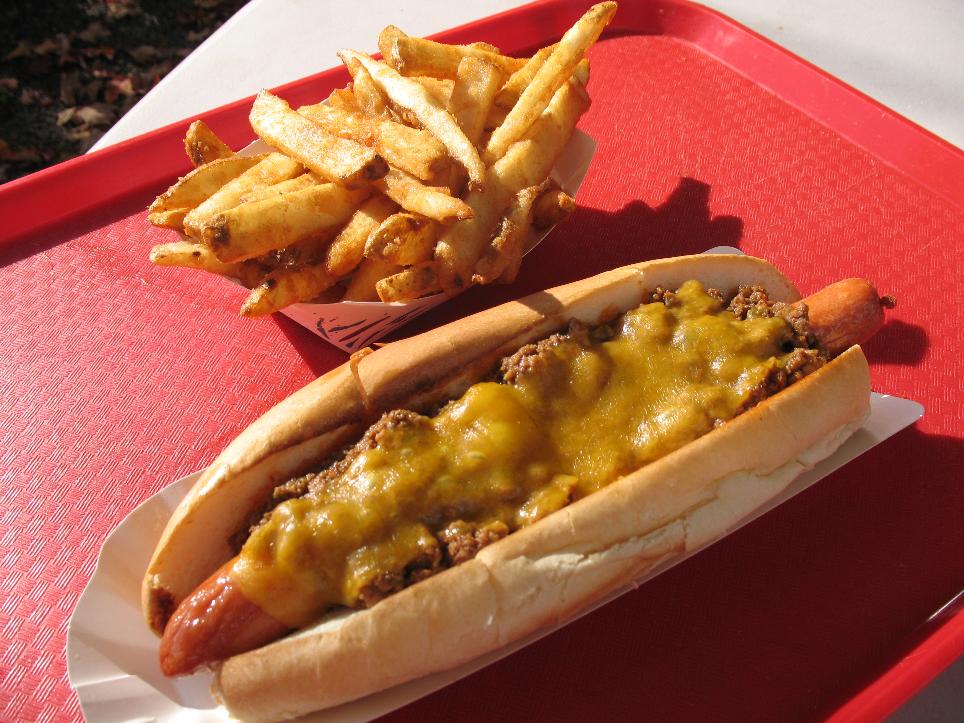Eating Speed and Obesity
Speed through supper and your gut may pay the price: Finishing your meals quickly can up your odds of putting on extra weight, a review from Japan suggests.
After crunching the numbers from 23 studies, the researchers concluded that self-reported fast eaters were more than twice as likely to be obese than those who said they ate more slowly.
There are likely a number of factors responsible for the link, the researchers believe.
Take fullness, for instance. The longer food stays in your mouth, the more it triggers sensors in your tongue and oral cavity to send satiety signals to your brain, says Kathleen Melanson, Ph.D., of the University of Rhode Island who has also studied eating speed and weight.
Plus, the physical act of chewing sparks the release of a histamine in your neurons that reinforces the “I’m full” message, she says.
And if your brain recognizes that you’re stuffed, you’ll be less likely to reach for seconds, which cuts down on extra calories.
Related: How Often Should You Eat to Lose Weight?
Still, shoveling down more food is likely not the only reason fast eaters tend to weigh more. In fact, when the review adjusted for total calories consumed, it found the link between obesity and eating speed still existed.
More research needs to be done to find out why, but it may have do with blood sugar levels.
When you eat slowly, your blood sugar creeps up in a more controlled fashion—not with the huge spikes you’d see if you gulped down dinner, Melanson says. This may help regulate your appetite throughout the day and how your body uses and stores its fuel.
Related: The Anarchy Workout—one guy lost 18 pounds of pure fat in just 6 weeks!
Unfortunately, there’s no magic number for how long it should take you to eat, or how times you should chew before you swallow, she says. That’s because it depends on a bunch of variables, like the kind of food you’re eating and how big a bite you take. (A slab of steak, for instance, would take longer to chew than a spoonful of oatmeal.)
Your best bet, then, is to focus on the texture of the food before you send it sailing down your gullet. Chew enough so your food is broken down to a smooth, chunk-free consistency, Melanson says.
Then, wait until you feel the food go down your throat and hit your stomach before filling up your fork again.
“Take a deep breath or two and then go for the next bite,” she says.
-
12 Weight Loss Tricks
You’ve cleaned up your diet and picked up your gym routine, but
-
How One Man Lost 121 Pounds and Added 20 Pounds of Muscle
When Angel Rodriguez knocked on his mother’s back door, she quic
-
Lose Weight and Add Muscle:
Dave Astles was a perpetual weight-loss beginner. He used to reso
-
Diet Str egies: Stop Childhood Obesity
And the sins of the father shall be visited on his children, and his c
-
5 Cures for Your Late-Night Cravings
You’ve been up all night working (or partying), and you’re hungry. Whi
-
Diet Strategies: Fight Slow Metabolism
Missed Meals Severe calorie restriction creates a biological billboar
- DON'T MISS
- Weight Loss and Diet Soda
- Are Restaurants Lying to You?
- Sugar: More Addictive than Drugs?
- Weight Loss: Healthy Ethnic Food Recipes
- Diet Str egies: Foods For Sex
- Weight Loss and Snacks
- The TRUTH About Energy Drinks!
- F hers Weight Loss Success Story
- Kids Whining and Healthy Eating
- Weight Loss: Abs Diet Serving Sizes




